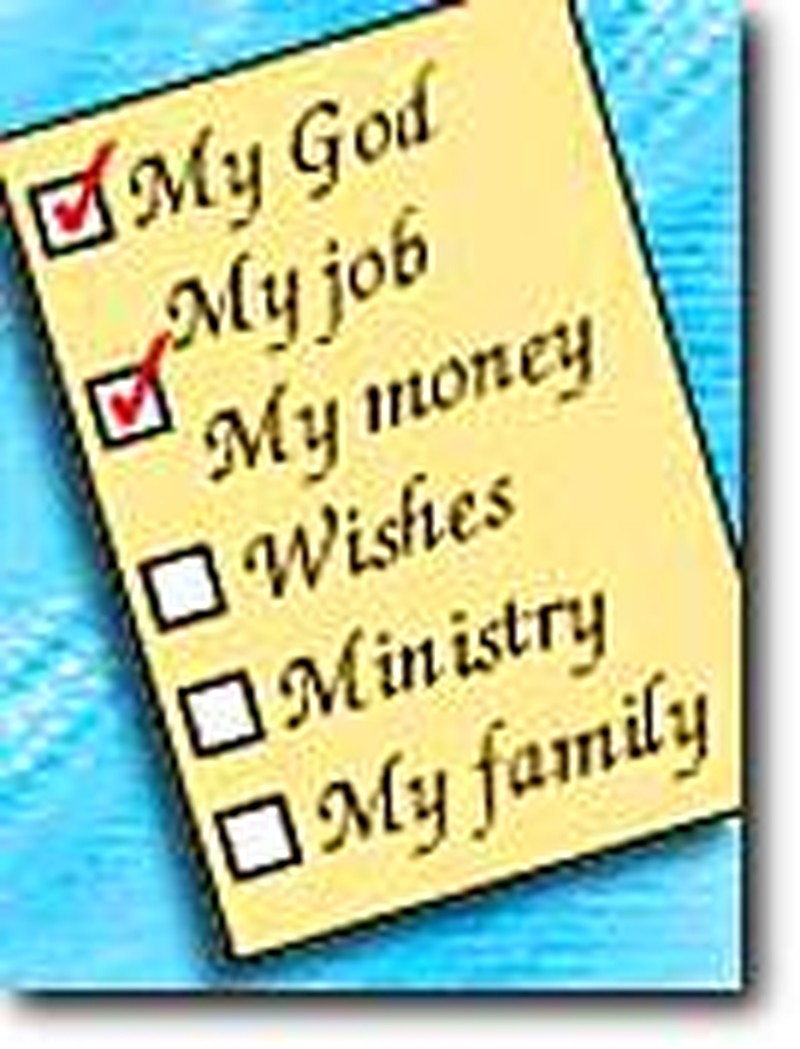Make some financial and job resolutions
- Crosswalk.com Staff
- Published Jan 02, 2001

The new year is an excellent time to reflect and make resolutions. Here's a process to help you focus on your financial security and your job.
- Your financial situation. Start with an assessment of your situation. If you're in debt, resolve to reduce it in 2001. If your savings are insufficient for your family objectives, such as college or a new home, resolve to increase them.
- Your financial habits. Identify the most serious obstacle to achieving your objectives. Perhaps you lose track of your money, and at the end of the month don't know what you spent it on. Perhaps you run up too-high credit card balances, or deplete your savings for foreseeable expenses such as home repairs. Resolve to concentrate on that obstacle in 2001. If you can change one destructive habit you will find it easier to meet your goals.
Here are some resolutions that may be appropriate to your financial objectives:
- Keep records. Track your expenses to see where the money goes. Make a budget to help you follow your spending priorities. Write down your financial resolutions and check each month to see how you're doing.
- Postpone spending. If you were planning to buy a new car or carpeting this year, put it off until next year. Wait for sales to buy clothes. Have your car washed or your hair cut only half as frequently.
- Rethink gift habits. Replace expensive gifts with handmade crafts or activity promises - 10 hours of hiking or fishing, a weekly trip to the library, vouchers for baby-sitting. Limit Christmas and birthday gifts to one or two per person - or set a dollar limit. Ask friends and extended family to exchange cards, not gifts, next Christmas.
- Reconsider recreational activities. Rent a video instead of going to the movies; organize a monthly card game instead of joining a bowling league; go camping close to home instead of flying to Disney World.
- Eat at home. Restaurant meals may be convenient and fun, but they're expensive and usually not as nutritious as home cooking. Enlist the family to help with meals at home.
Here are some questions to ask about your job: Many people stay in unfulfilling jobs or unpleasant work environments simply from inertia, but that's a waste of your potential.
- Are you using your skills and experience to their fullest, or are you stagnating in your job? Have you taken advantage of your employer's training and career-development programs?
- Are you paid and treated fairly? Do people respect and trust one another - or is your workplace full of suspicion and hostility?
- Does your workplace have high ethical standards or are you expected to cut corners, lie to customers, or sell inferior products?
- Would you and your family be better off without your job? Perhaps with some belt-tightening you could get by with one income instead of two. Perhaps your life would be easier if you cut back to part-time work.
- If your work is unsatisfactory on these counts, you may be better off planning for a job change in 2001.



















